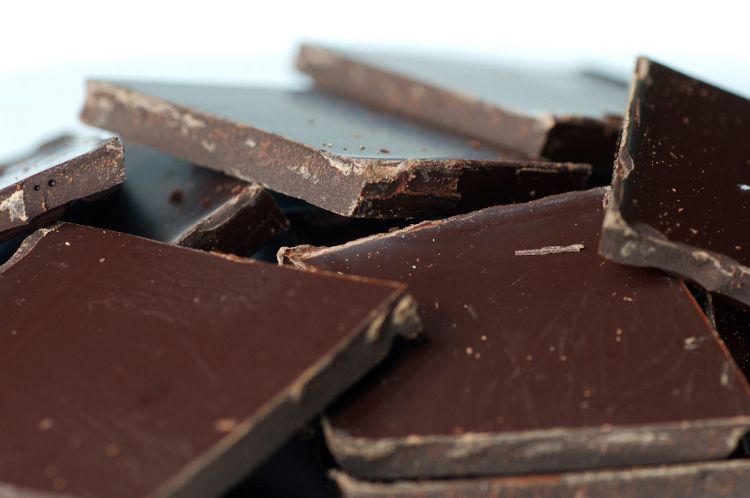New natural vanillin ingredient targets North American clean-label market, Solvay says at IFT 2018
Rhovanil US Nat serves as a drop-in 1:1 replacement for artificial vanillin, without any off notes, the company says.
Photo © iStockphoto.com/Ekspansio

A new natural vanillin ingredient makes it easy for formulators to replace synthetic vanillin. Vanillin and ethyl vanillin ingredients supplier Solvay (Princeton, NJ) introduced the natural vanillin, called Rhovanil US Nat, at the Institute of Food Technologists’ Annual Meeting and Food Expo in July.
Edouard Janssen, Solvay’s vice president/general manager, aroma performance, North and Latin Americas, explained how the new ingredient is an extension of Solvay’s flagship artificial vanillin ingredient range, Rhovanil.
“Rhovanil has been our flagship brand for artificial vanillin for up to 130 years,” Janssen said. He said that the new ingredient, Rhovanil US Nat, was “designed for the U.S. and North American market because it specifically matches the requirements to be natural in that market.”
In August, Solvay announced Rhovanil US Nat gained GRAS approval from the Flavor and Extract Manufacturers Association of the United States (FEMA), meaning Rhovanil US Nat is considered a safe flavor ingredient for food and beverages in the U.S. The ingredient meets FDA standards for “natural vanillin” (21 CFR 101.22), “vanillin” (FEMA GRAS 3107), and “natural flavor.” It is non-GMO, allergen free, and kosher and halal certified.
Compared to other natural vanillin ingredients on the market, which may have smoky, clove, or spicy flavors or off notes, Rhovanil US Nat is creamy and milky, Janssen said. As such, he noted, it serves as a drop-in 1:1 replacement for artificial vanillin.
The ingredient, he said, was three years in development. It’s produced from bio-based guaiaco (Guaiacum officinale L.) and is 99.5% pure, the company says. It can be used in many applications, including chocolate, confectionery, bakery, and beverages.
Vanillin is the main flavoring component of the vanilla bean. Of Rhovanil US Nat, Solvay says, “This latest vanillin ingredient will allow manufacturers to label products as ‘natural’ but at a fraction of the cost of vanilla bean extract.”
Moreover, Janssen said, in the volatile vanilla and vanillin market, the ingredient’s authenticity is backed by carbon-14 radio analysis to verify its natural origin and C13 isotopic deviation testing to confirm its specific isotopic profile and prove that it is unadulterated.
HHS announces restructuring plans to consolidate divisions and downsize workforce
Published: March 27th 2025 | Updated: March 27th 2025According to the announcement, the restructuring will save taxpayers $1.8 billion per year by reducing the workforce by 10,000 full-time employees and consolidating the department’s 28 divisions into 15 new divisions.










